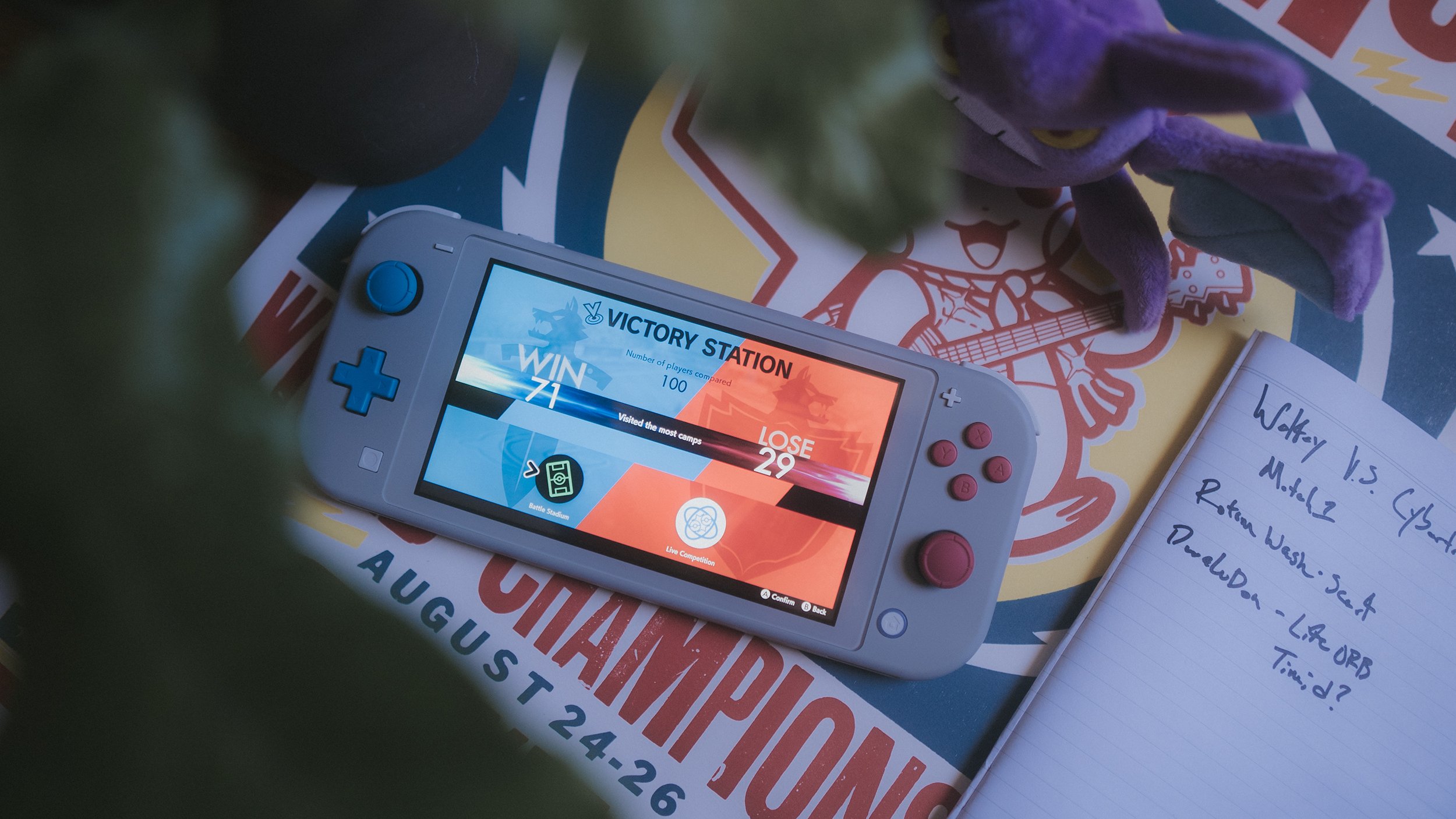
Teambuilding Introduction
4min 4sec read
What is teambuilding and why should you care?
Written by Aaron Traylor
Teambuilding / Introduction
When competitive Pokémon players talk about teambuilding, rather than talking about breeding or catching Pokémon, they're talking about the thought process behind the question: "which Pokémon do I want to use in a Pokémon battle"? If you've played Pokémon before, you've built a team, whether it was to catch a Pokémon, take on a gym, or challenge a friend. In competitive Pokémon, you won't have to worry about healing your Pokémon (they're healed in between battles) or whether the other player can use items like Potions and Revive (they can't), but you'll need to have a team of six Pokémon to battle other players.
Well, what Pokémon do you want on your team? That's the million-dollar question, and the answer is not only complex but really up to your personal opinion. Teambuilding is an art, not a science-- it’s very challenging to say that one goal or reason is better than others. However, unlike art, we have a real way of evaluating how good the teams that we make are, which is by playing battles. A competitive teambuilder designs their team with the intent of getting closer to their goal: winning a Pokémon battle. This guide in general is designed for teambuilders whose end goal in building teams is to win battles; if this isn’t the case for you, that’s totally cool, you just need to take this guide with a grain of salt.
However, being a teambuilder doesn’t just mean putting the Pokémon with the highest stats on a team together. Here are some of the things that teambuilders have to consider:
Synergy: How well do the Pokémon on a team work together? One example is having types that deal complementary damage, but synergy can take many forms.
Consistency: How often can a player rely on a team’s options no matter what? How often do the Pokémon on this team accomplish their goals?
Pacing: How long are games with this team going to be?
Breadth: How flexible is the team? Does it have backup options if its main goals aren’t possible?
Depth: If an opponent was to play against a team several times, would that team have several options to explore?
Dynamicness: Remember, in double battles, a person controls two Pokémon at a time, and they need to work together. Does each Pokémon on the team work well with each other Pokémon?
Relevance: No Pokémon team exists in a vacuum. How does a Pokémon team stack up against the common Pokémon and teams that it’s likely to play against?
Over the course of this guide, we'll lay out the principles behind how we understand teambuilding.
If teambuilding is daunting: you don't actually have to do it at all, if you don't want to. It's easier than ever to use teams that other people have made!
If teambuilding is exciting to you: Hopefully reading about our principles can help you get started on the right foot.
We'll dive more into teambuilding specifics later, and give a general guide to making your first team. If you’re interested in any of the above skills specifically, feel free to click on them and travel to a new page, or to click here to continue reading our introduction guide.
“Because of the nature of Pokémon, it’s not always clear which teambuilding elements work or don’t work. It’s not uncommon for players (such as myself) to fluctuate in their results, winning one tournament and underperforming the next, or to have one extremely successful season followed by a struggle when the rules change - and a lot of what determines a player’s success at a tournament is their team.”

